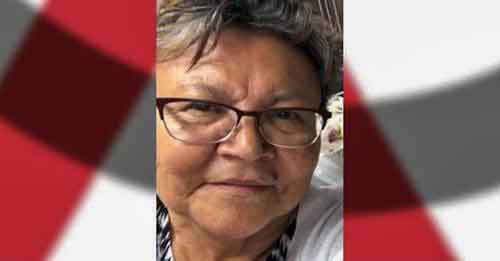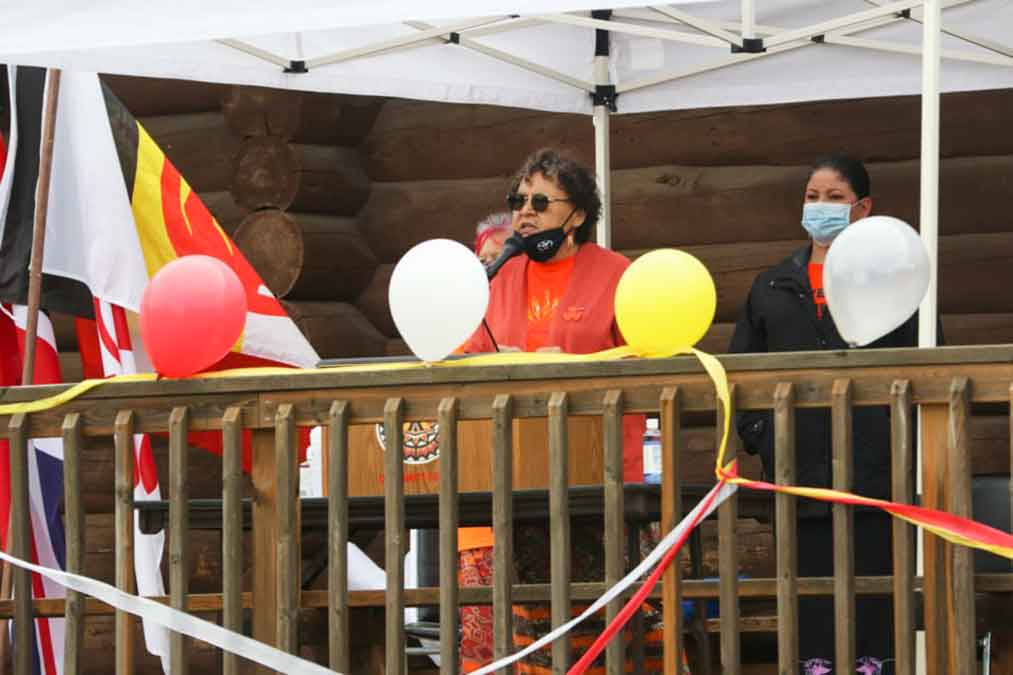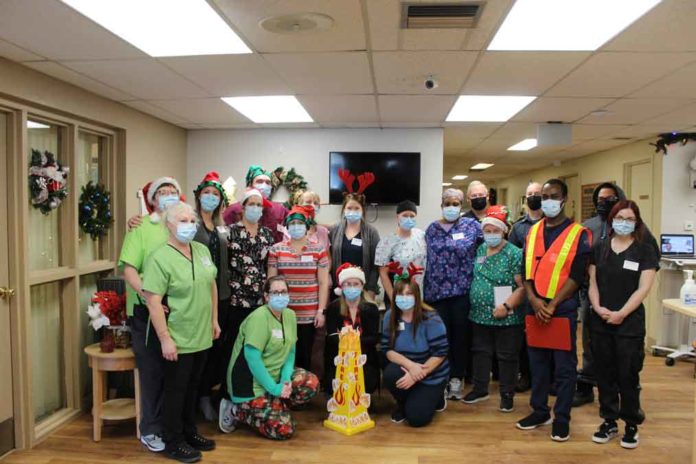GARDEN RIVER—Federal government funding provided to create fluent Indigenous language speakers is not enough, says Anishinabek Nation Language Commissioner Barbara Nolan.
“We need to have more Indigenous people trained as language speakers before it is too late. Our elder speakers of the language are going to pass away,” stated Ms. Nolan on the need for further government funding to train more people in the Ojibwe language. She says it is crucial to get younger people involved, immersed in Anishinaabemowin, to becoming fluent speakers.
“The funds that have been provided are not going to be enough,” stated Ms. Nolan. She was talking about a recent parliamentary committee meeting where witnesses told committee members that if the federal government is serious about revitalizing Indigenous languages, it must provide better funding.
The 2019 federal budget provided $333.7 million over five years and $115.7 million in ongoing funding to support the implementation of the Indigenous Languages Act.
But for Ms. Nolan, who is originally from Wiikwemkoong Unceded Territory and who was named language commissioner for the Anishinabek Nation in 2020, the funding “is not going to be enough” to revitalize and strengthen Indigenous languages in Canada.
“We are already going into our third year on this initiative, so we have seven years to create trained language teachers,” Ms. Nolan told The Expositor. “I talked strongly at a Chiefs of Ontario (COO) conference recently that we need to see communities saying ‘yes, we want this,’ and what has to be created is a total immersion atmosphere in the language.”
“This needs strong-minded leadership and people in our communities to say this is something that we want,” said Ms. Nolan. “A lot of people who are fluent in the language already have to work during the day. So, we’re going to have to put them on salary as language speakers and to have the language spoken in all communities and homes. If each community decides that this is important and starts developing training of language speakers, that would be the start.”
Ms. Noland noted that almost all Indigenous communities are lacking fluent language speakers, except for her home community of Wiikwemkoong Unceded Territory, which has a fair number of language speakers, but they don’t want to move out of the community to train people in other communities.
Ms. Nolan told Soo Today that she sometimes wonders if the government doesn’t want Indigenous communities to create fluent language speakers. “I mean, they took our language away, why should they give it back to us? That’s what I’m thinking.”
Ms. Nolan is the only fluent speaker currently teaching at the Garden River Child Care Centre. She teaches four hours of language instruction to children each day, splitting her time between four classes. “We have to create speakers if our language is going to stay alive. We can’t be creating people that can only read and write.”
“Let’s take the next eight years to produce speakers, paying them a salary of between $40,000-$50,000 each. If we want to produce, say, 250 language speakers over the next five years and have to pay fluent language speakers to do the training, the funding that is being provided is not going to be enough.”
“One of the major roadblocks is the short-term, temporary nature of funding available for Indigenous language programming,” John-Paul Chalykoff, an Anishinaabemowin professor at Shingwauk Kinoogmaage Gaming, told Soo Today. “A lot of the language funding I feel is grant based, so you’re lucky to have a year-long program,” he said, adding that the language funding he received while teaching in his own community of Michipicoten First Nation was only good for a year. “Michipicoten essentially went dormant because they didn’t have a grant to continue the program beyond a year, and I feel like that’s a struggle in a lot of communities.”
Both Ms. Noland Mr. Chalkykoff agree that Indigenous communities should have the same dedicated stream of sustainable funding as French immersion programming in order to cover the cost of implementing Indigenous language immersion schools in Canada.






